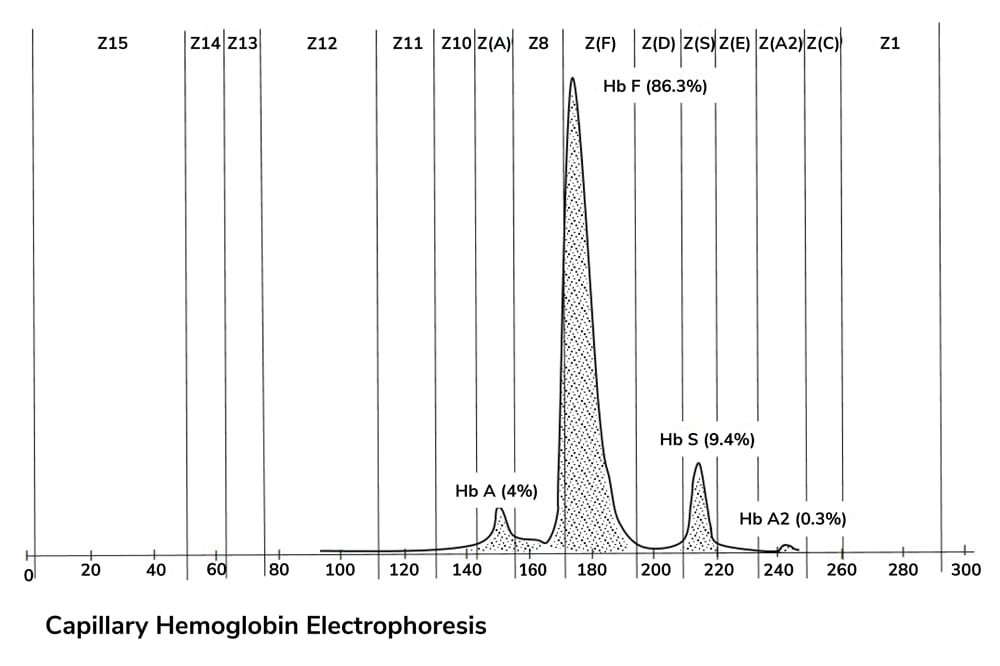A simple saliva test to screen children for autism – a realistic possibility or simply a pipedream? Hopefully the former if a group of New York-based biochemistry and proteomics researchers have their way.

The team from Clarkson University and the State University of New York (SUNY) at Plattsburgh used mass spectrometry to analyze the levels of various protein biomarkers in the saliva of subjects with autism or autism spectrum disorder (ASD) and asymptomatic controls (1). And they may just have struck gold. Significant differences were noted in several proteins, many of which are known to be involved in immunological responses and inflammation, including lactotransferrin, Ig kappa chain C region, neutrophil elastase, to name a few. Of course, this isn’t the first time that saliva has been analyzed in autism research (2), but these recent findings support previous suggestions of a relationship between ASD, autoimmune disease and abnormal levels of various inflammatory markers. It’s also the first study that has identified these changes in saliva. Though the genomics of ASD have been fairly widely studied and many genetic links suggested, research into protein biomarkers has been relatively neglected. And yet, they could hold the key to a wealth of untapped information.
Rising in prevalence year on year, ASD is now thought to affect as many as 1 in 50 children (3). Worrying statistics for a range of conditions that have such a profound impact on society. With causes still unknown, screening tools based on behavior alone and treatment being most effective in the early stages, the dire need for an accurate diagnostic is obvious. Aside from the small participant groups (six individuals in each) used in this particular study (1), the fact that they were male and many carried some comorbidity (ADHD, epilepsy) alongside their autism label, this research still shows a great deal of promise. Not only in the use of mass spec, but in proteomics analysis as a tool to diagnose ASD. So could a saliva test soon be available to screen children for the condition? The authors certainly think it’s worth pursuing further:, “We plan to study the salivary proteome in greater detail by increasing the detection of the number of identified proteins and therefore expanding the pool of possible available biomarkers for autism.” Watch this space.
References
- AG Ngounou Wetie et al., “A pilot proteomic analysis of salivary biomarkers in autism spectrum disorder,” Autism Res (2015) [Epub ahead of print]. PMID: 25626423. M Castagnola et al., “Hypo-phosphorylation of salivary peptidome as a clue to the molecular pathogenesis of autism spectrum disorders,” J Prot Res, 7, 5237–5232 (2008). PMID: 19367726. SJ Blumberg et al., “Changes in prevalence of parent-reported autism spectrum disorder in school-aged U.S. children: 2007 to 2011–2012,” National Health Stat Report, 65, 1–12 (2013). PMID: 24988818.




